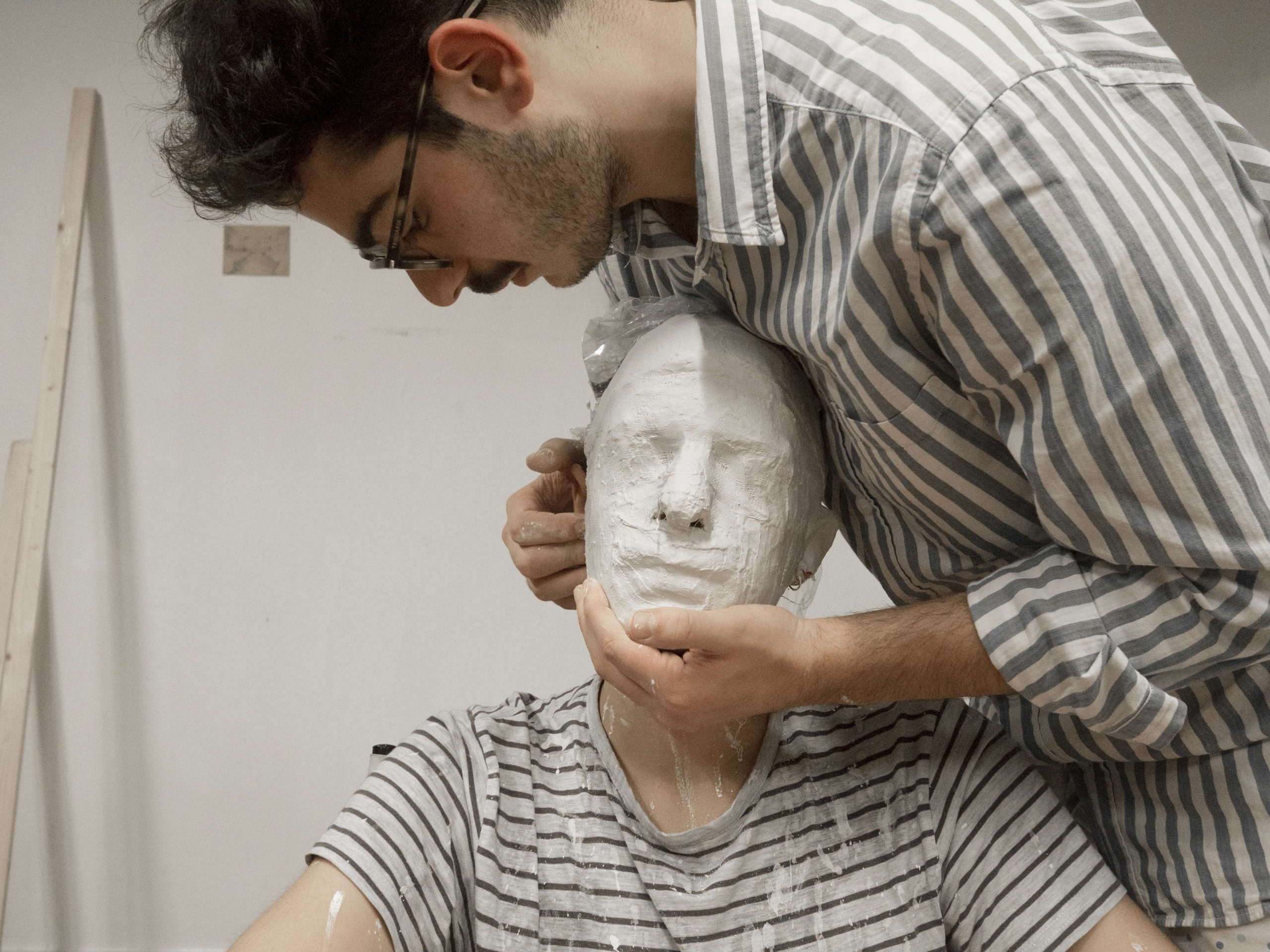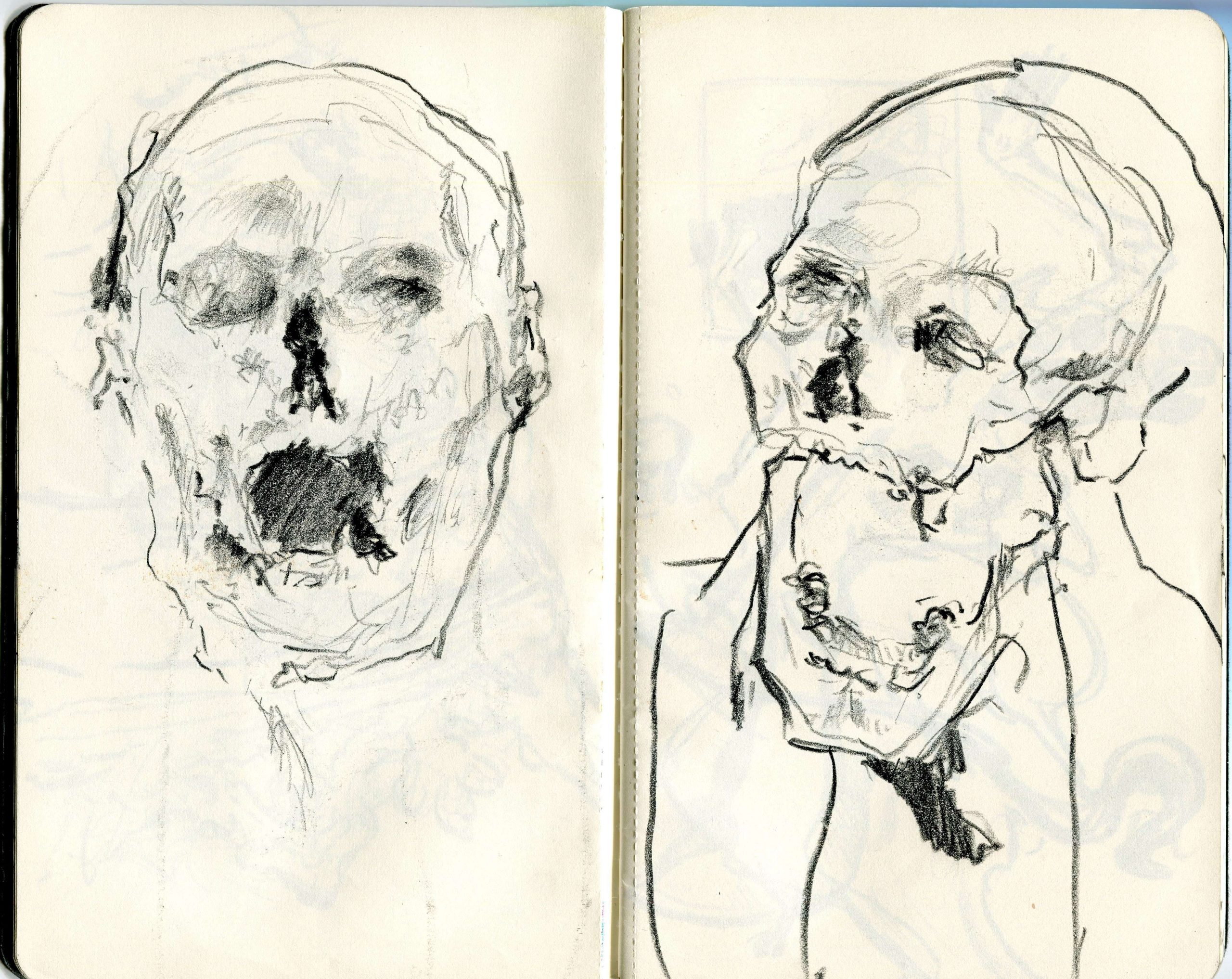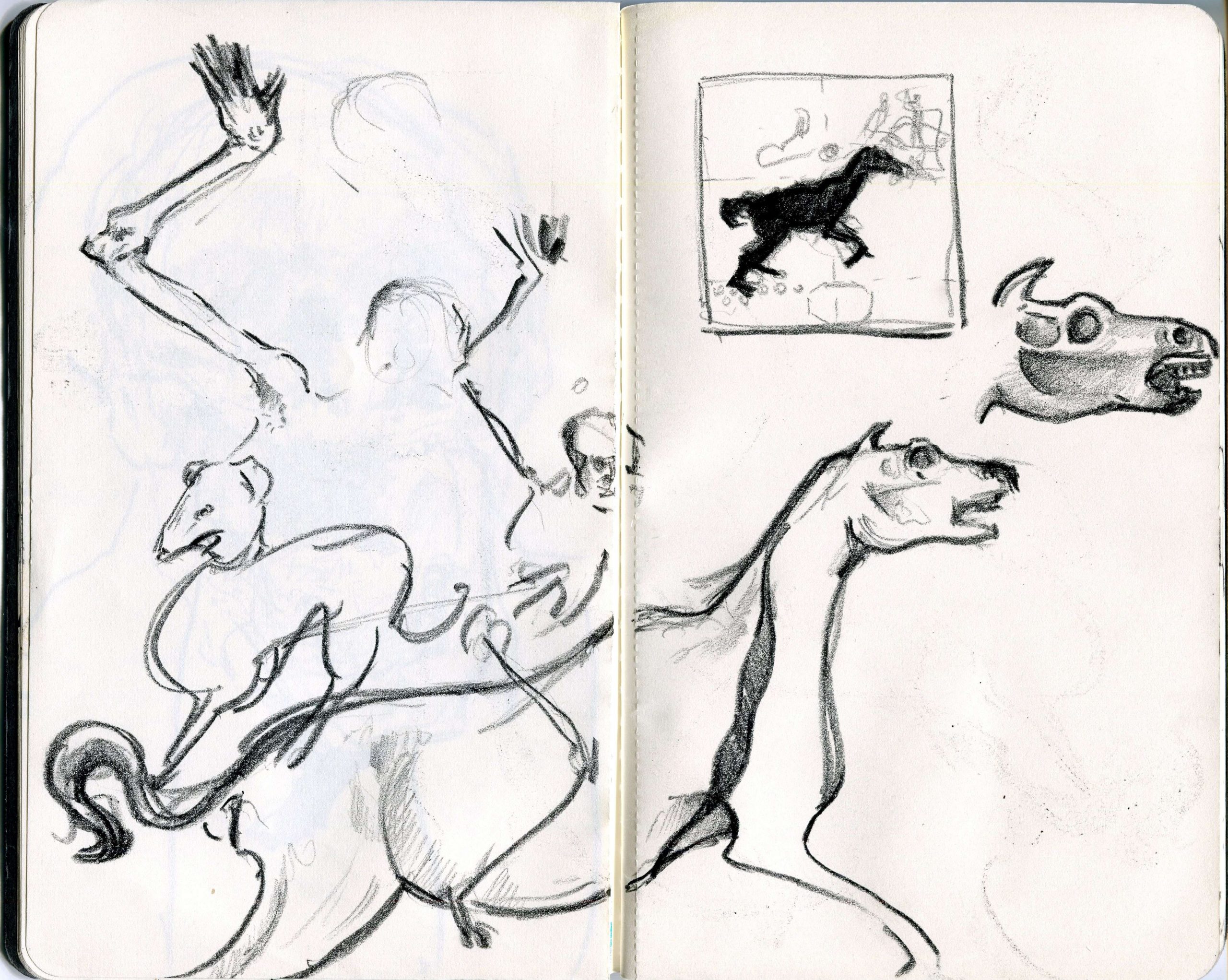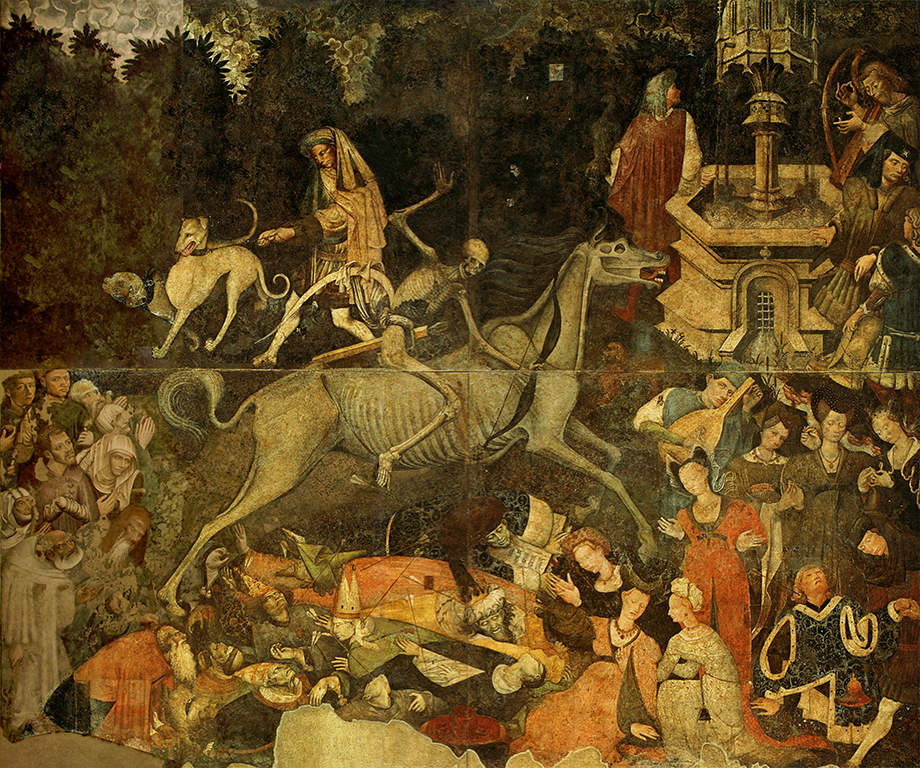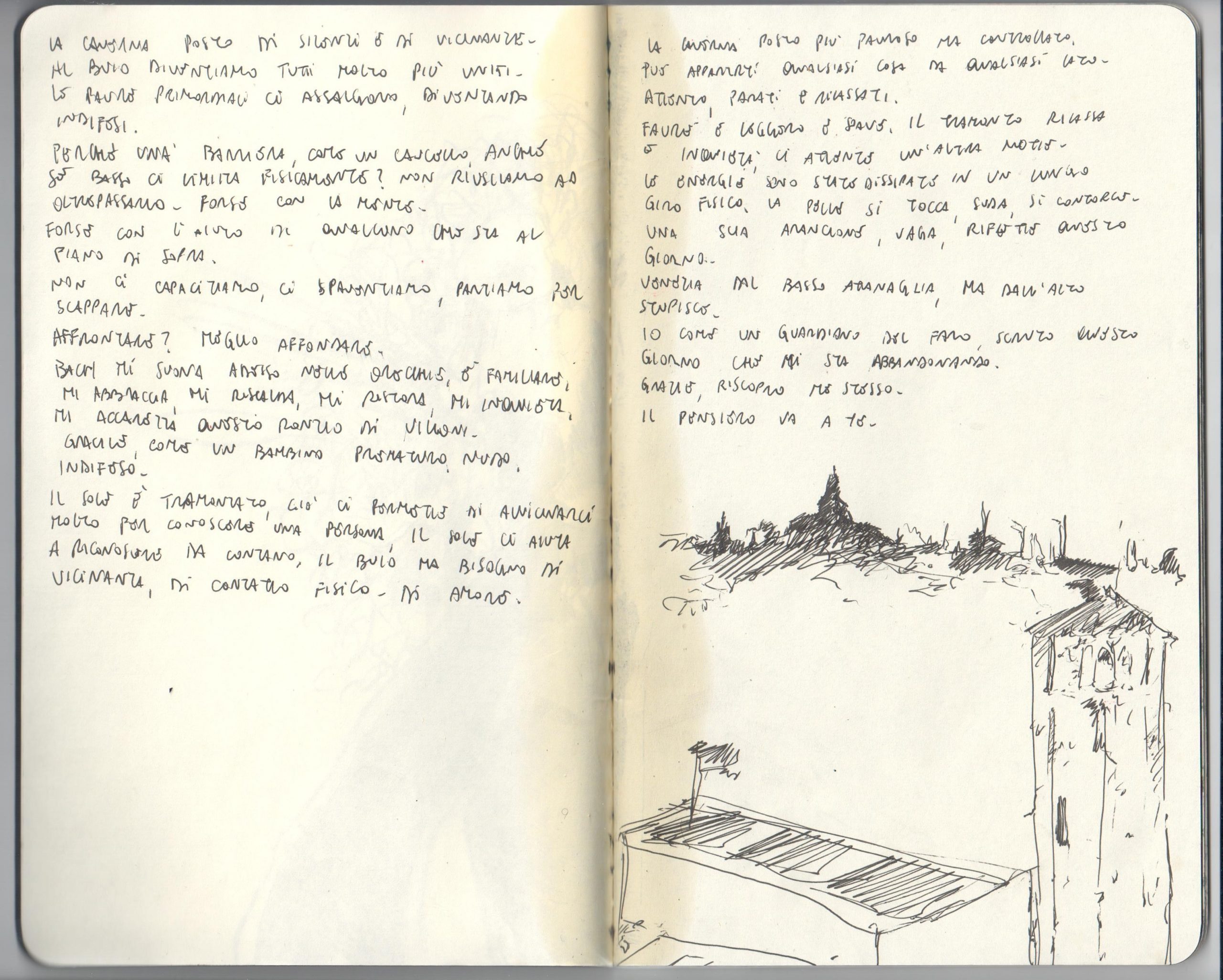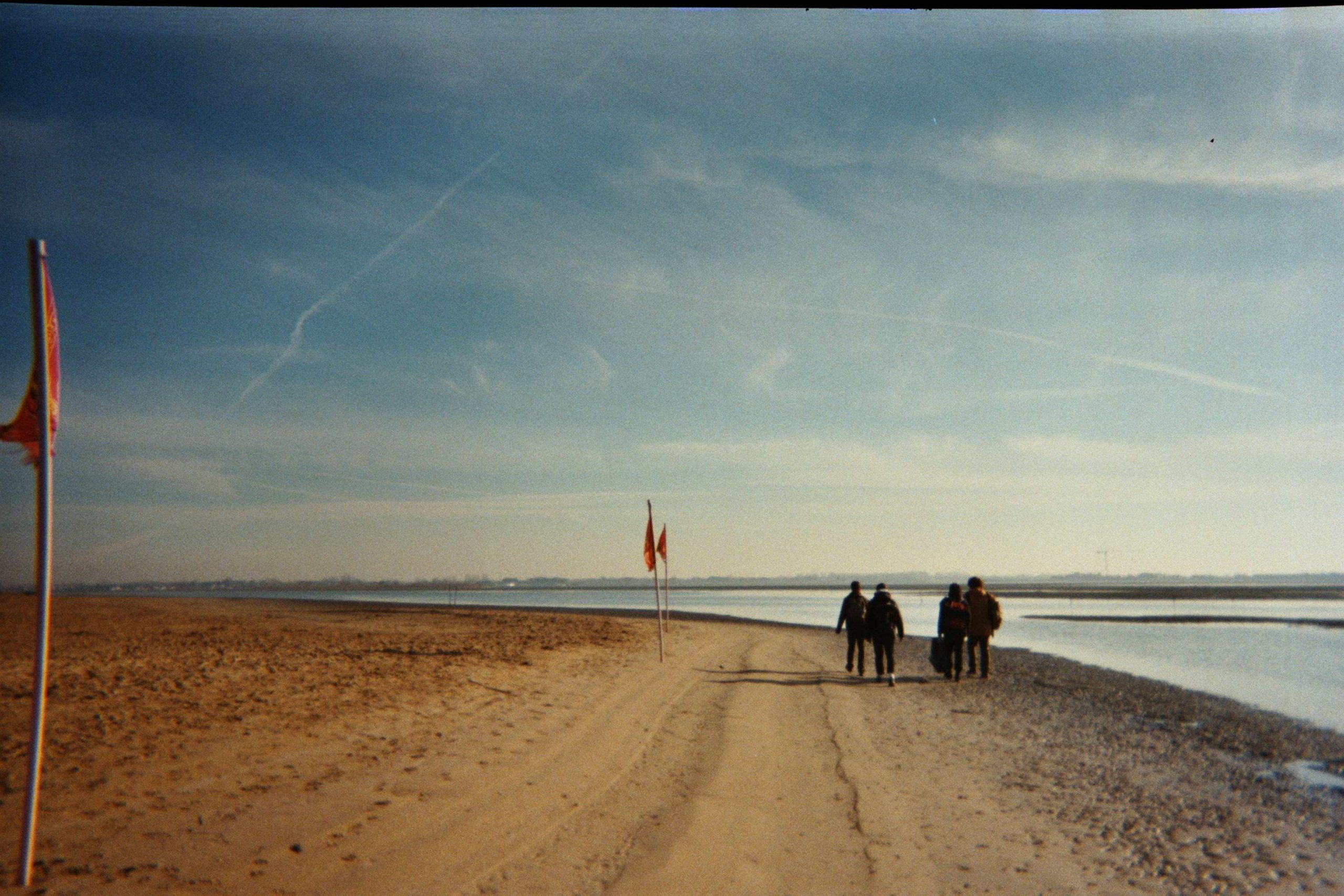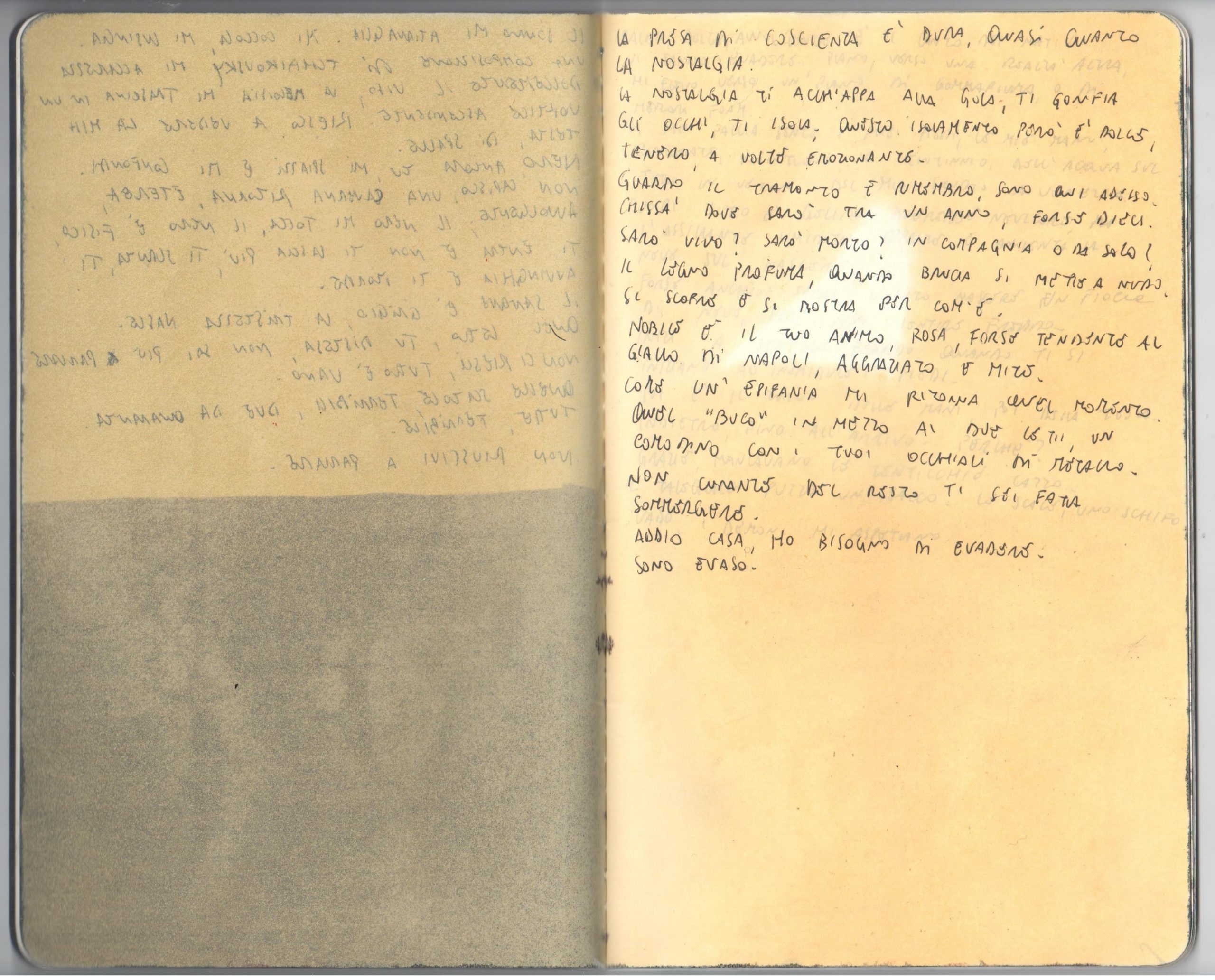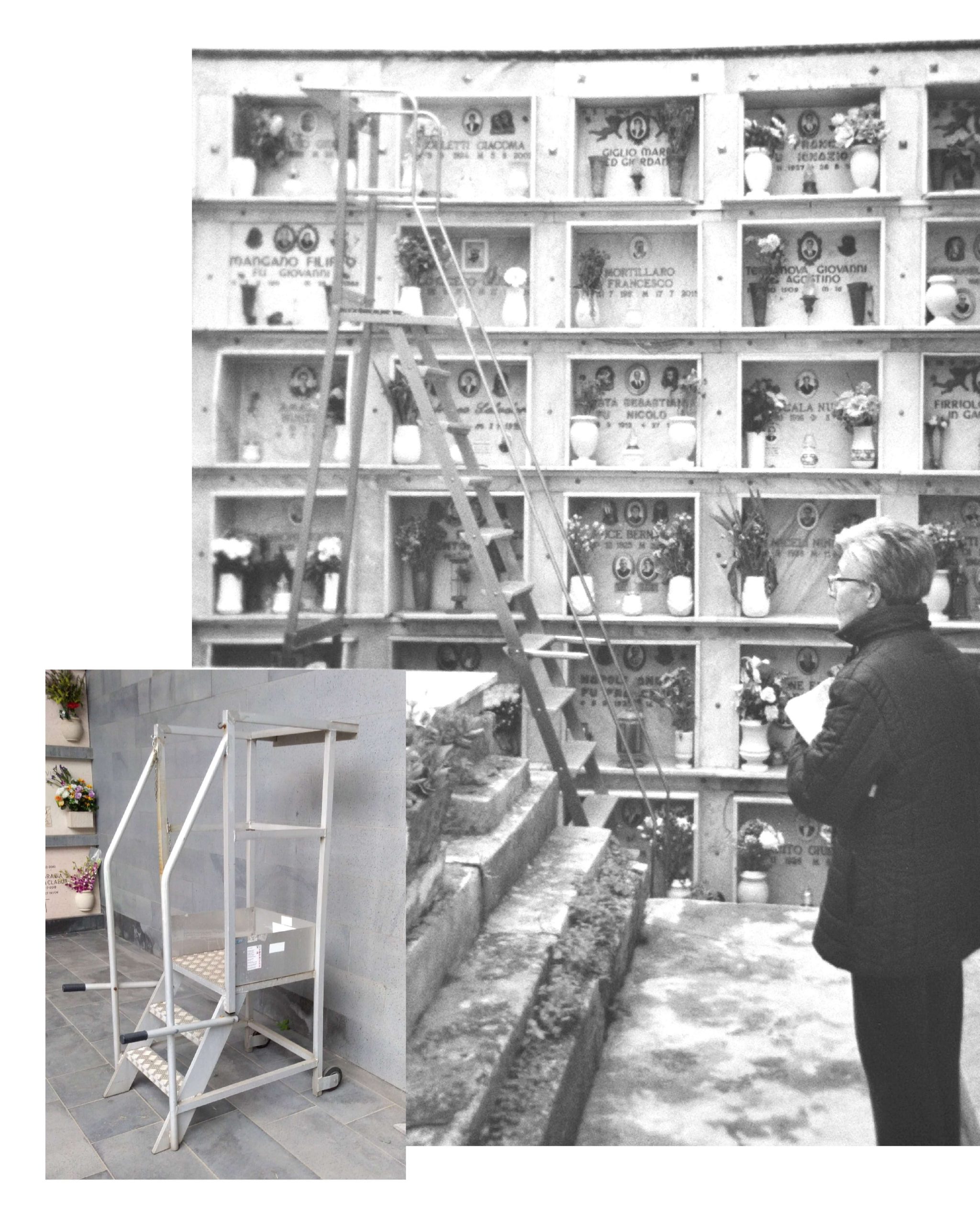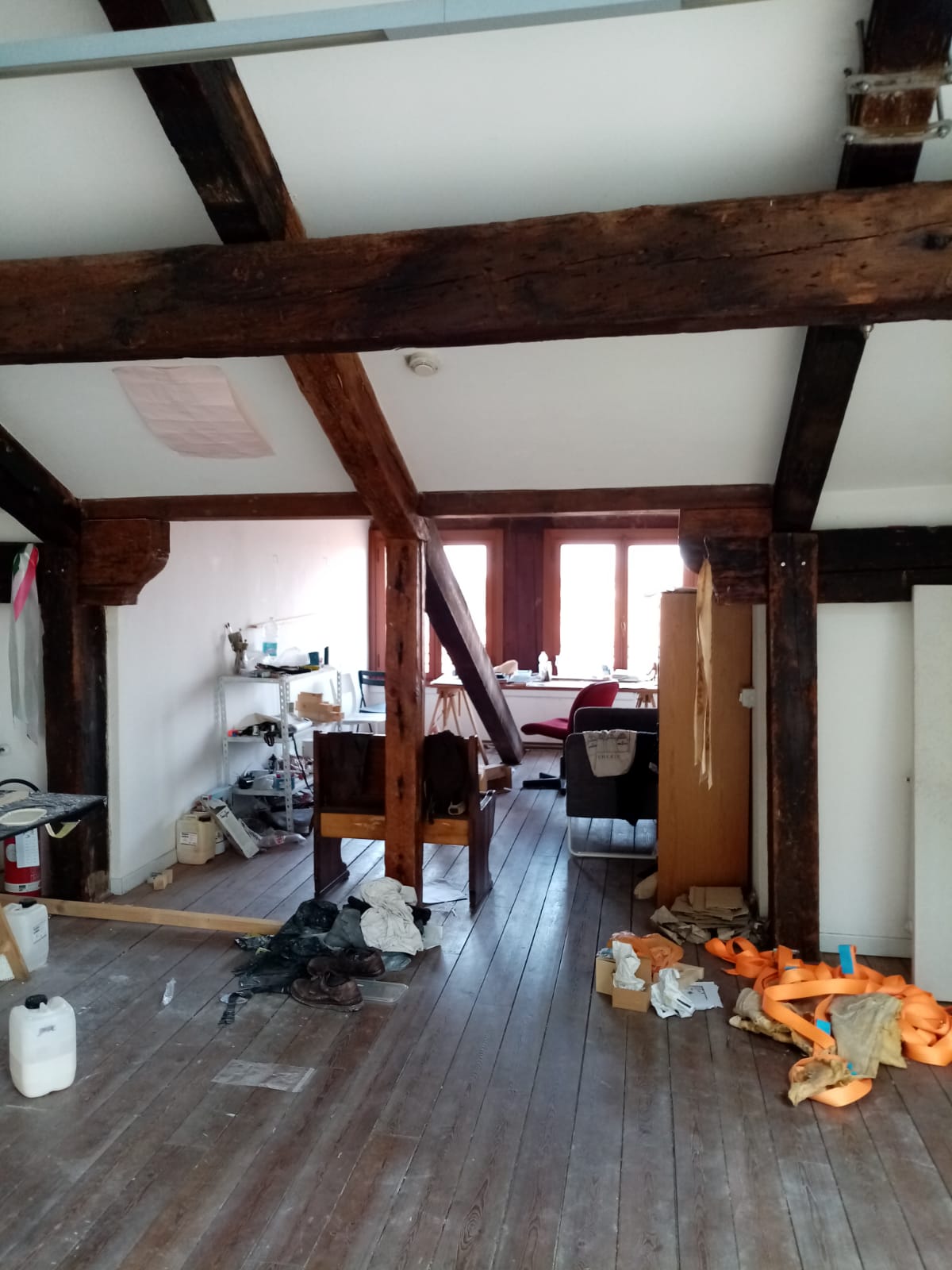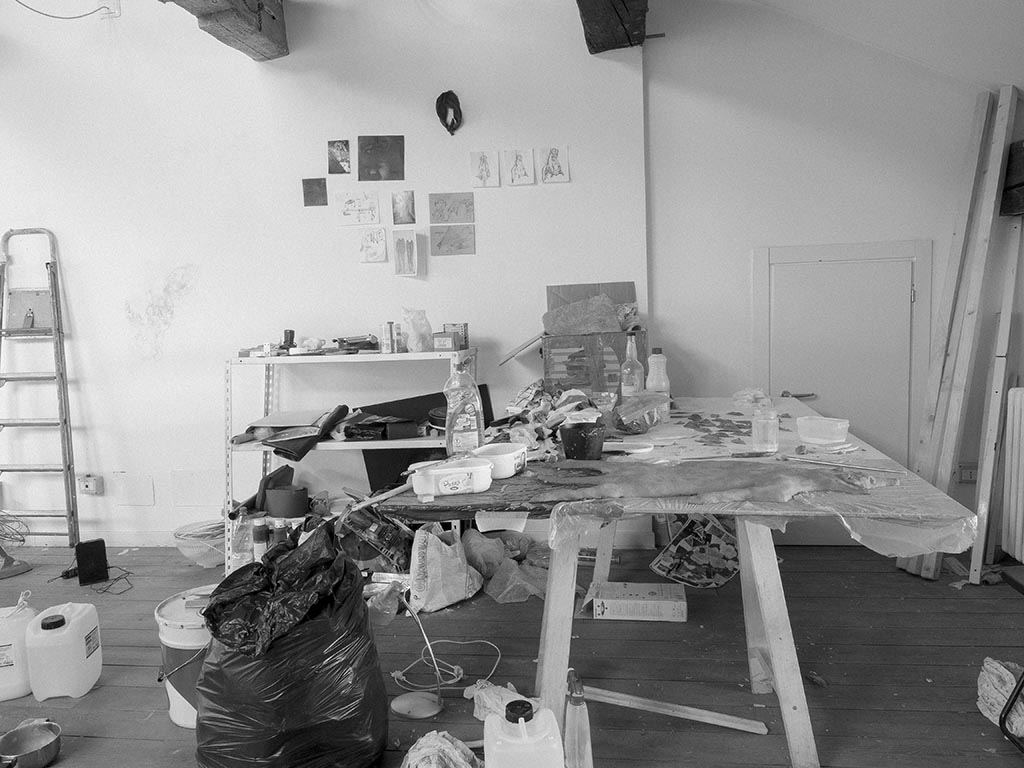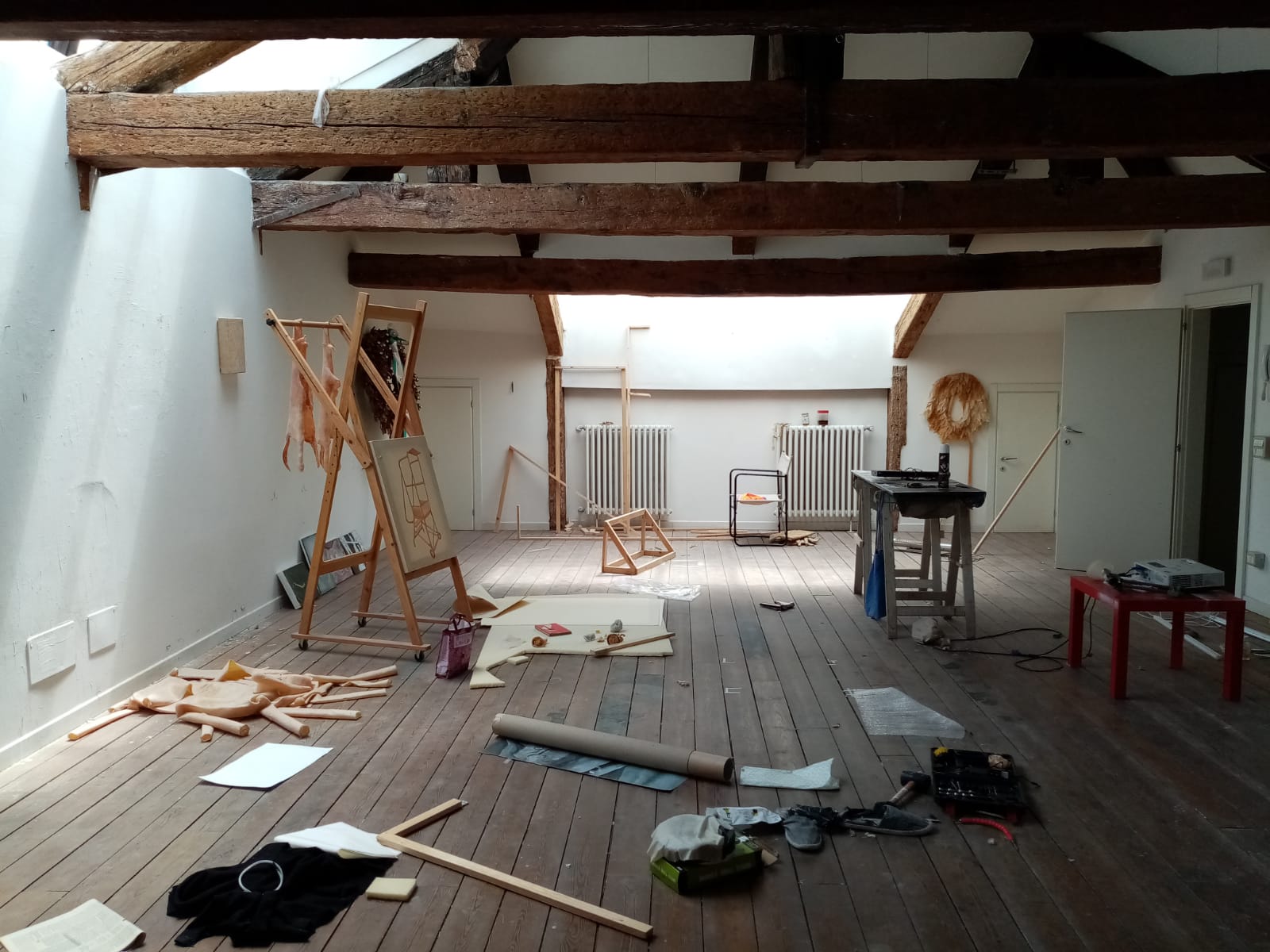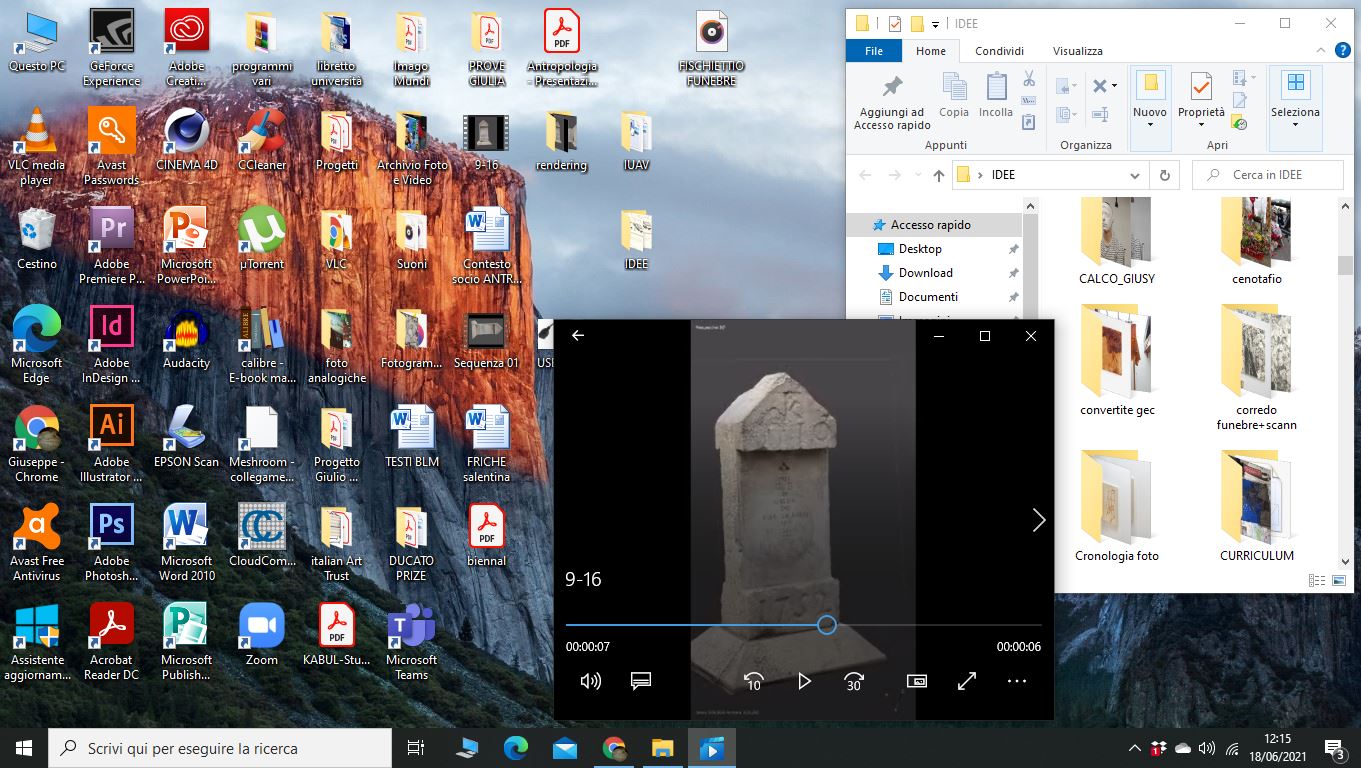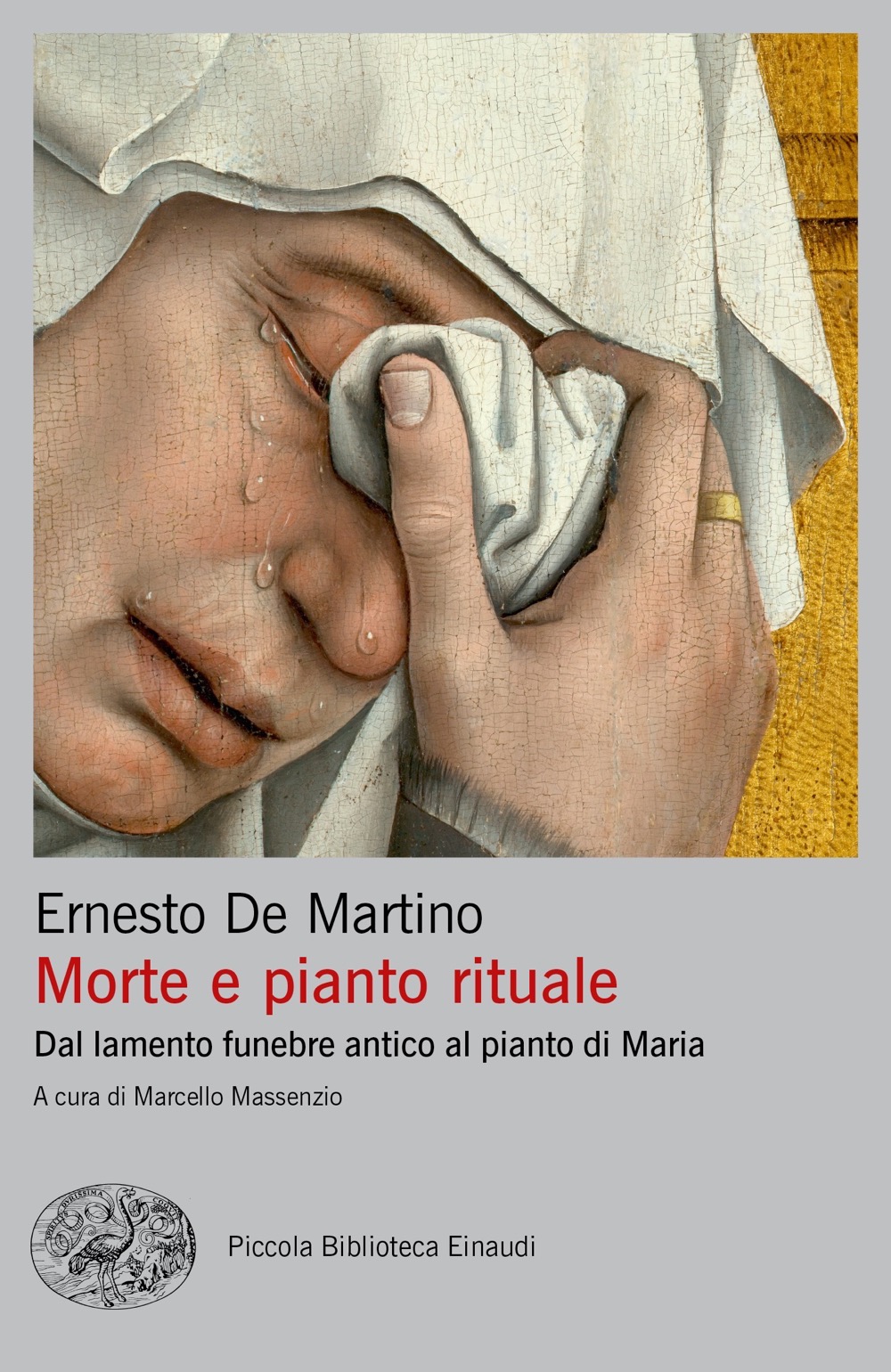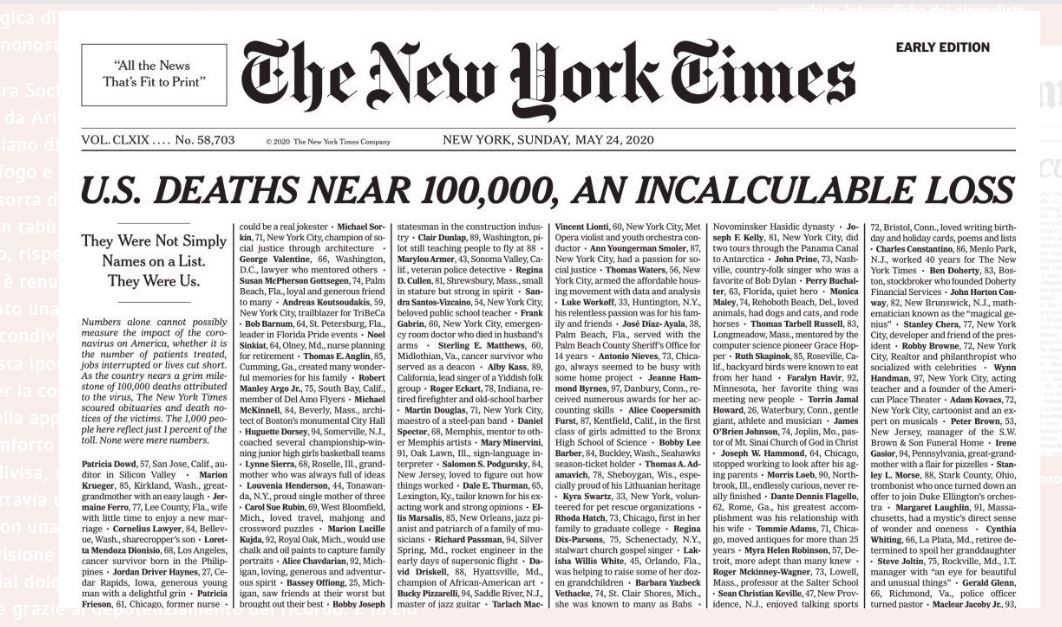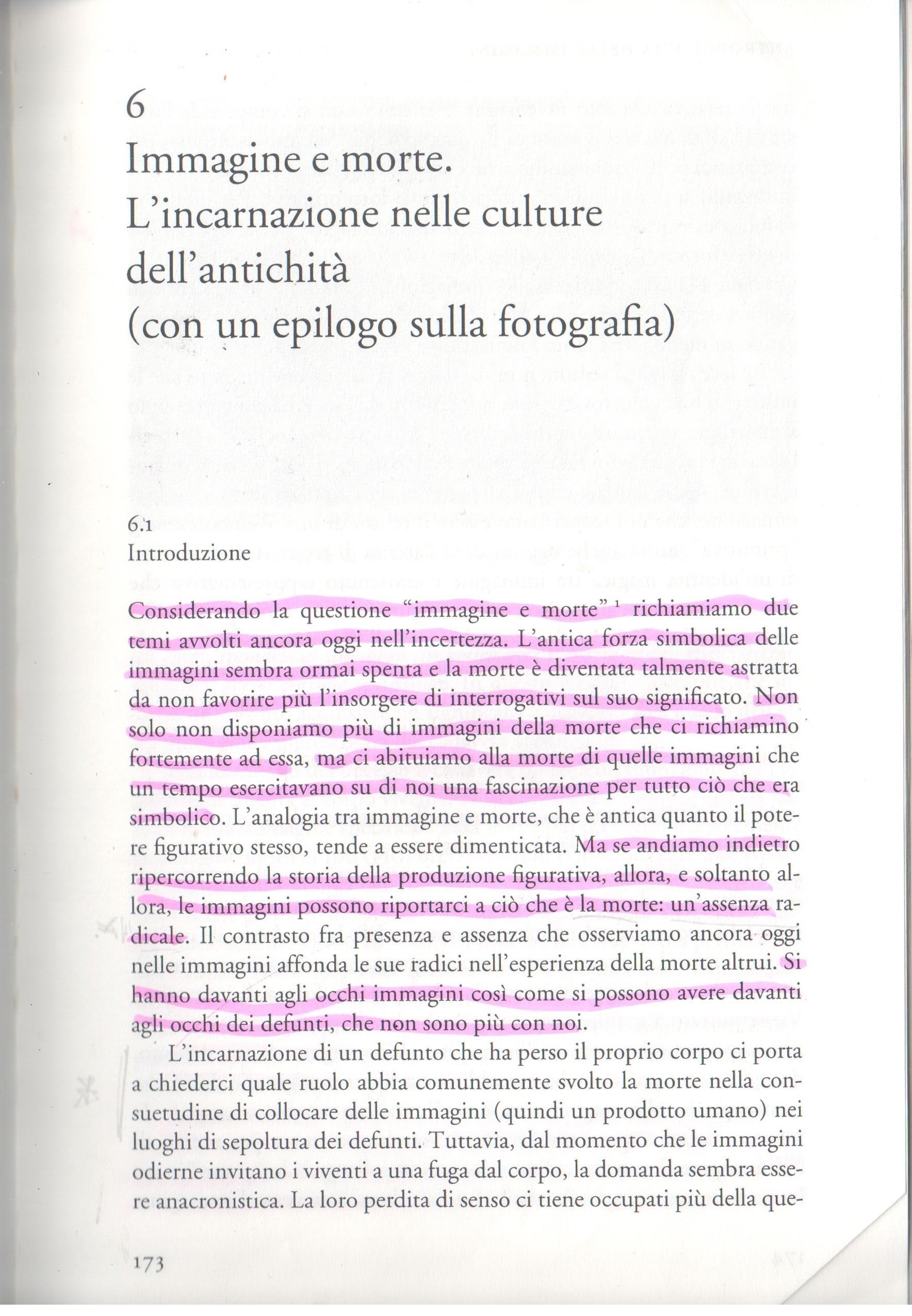
Giuseppe di Liberto’s practice comes across as inherently baroque, both in the way he dramatically yet sensually deals with the concept of life and death, and in his reproduction of scenarios related to creation and destruction. His works, which include casts, sculptures and installations, all deal with the paradox and mystery of the image as a palliative simulacrum of absence and death and a remedy for the inevitable transience of all bodies.
For this reason, many of Di Liberto’s works refer to funeral rituals, drawing inspiration from ancient Mediterranean traditions as they search for a paradigm of this ancestral and universal need from which all images emerge in response to the trauma of absence. It is no coincidence that there is something tragically theatrical in the way his works interact with the exhibition space, staging the tragedy of modern man as he is forced into a state of precariousness and fragility. In this sense, with an extremely carnal and concrete existentialism, Di Liberto’s work confronts the great taboos of our society, which during the pandemic have unexpectedly once again become close and tangible on a global level: suffering, death, and mourning.
A young, talented artist originally from Palermo, Di Liberto has lived in Venice for many years. In this interview, he tells us about his experience at the Fondazione Bevilacqua La Masa in Venice. We reflected on the role of artistic residencies: the opportunities they can offer, but also the limitations they present in our country.
In Italy, residencies are perhaps too provincial, and very constrained in their own circle: if the residency is in Venice, for example, there is always the same group of people passing by. On the other hand, in a residency in Northern Europe, you try to have, or at least invite, established local and foreign curators so you can promote an international exchange. Even if it is not a residency but a university – for example, IUAV is perhaps the only place in Venice with a truly international vision, in particular with their seminars, symposia and workshops, thanks to the support of personalities such as Angela Vettese, Angela Mengoni, Maria Luisa Frisa, to name a few.
Private residencies can differ: I was lucky enough to participate in the Palazzo Monti residency. The thing that struck me was that I was contacted directly by the founder, Edoardo Monti. He follows an old model of patronage, which is interesting: if I like an artist and I want to create connections, I decide to invest and support them by giving them a workspace and creating connections and opportunities. A residency has to be a 360-degree opportunity. A residence is a moment in which you get involved and grow on a human, aesthetic, ethical and material level, understanding how to control your ego in favour of a collective driving synergy.
VISUAL FRRAGMENTS
Let’s take a look at what’s next, after the residency. Has this period given you an opportunity to reflect on your future goals and how you’d like to continue to grow and develop in your career as an artist?
Venice is currently giving me good vibrations, in particular with FRICHE, the new artistic collective that I co-founded together with Alice Pini, Agnese Garbari, Gemma Bruni, Isabella Santomauro and Lorenzo Montinaro, during the visual arts workshop (IUAV), curated by Davide Quadrio and Francesca Filisetti. The collaborative dimension of the work and reflections is bearing excellent results, especially the human aspect. Competition, which often characterises the young art world, vanishes here through a reduction of the subjective ego in favour of collective cooperation and connection.
However, I don’t deny that my dream would be to go abroad, and in particular to Belgium. Partly because of the different system they have for supporting the arts, but also because I think my work is very much linked to both a physical culture and a specific carnal spirituality which, although it comes from the Mediterranean, can be found in Belgium, particularly in the Flemish grotesque. It is no coincidence that most of the artists that trigger a “traumatic” reaction within me (in the positive sense of the term) – all the artists who punch me in the stomach – come from there. I’m thinking of Tuymans or Dumas, for example.
In any case, you’re projected abroad. Do you think you will come back to Italy after that? Do you ever see yourself returning to your native Palermo to work?
I would like to return to Palermo if something changes. After years away and seeing what happens on the island from afar, I realise that there is no movement or ferment there, and that’s a problem. After all, you realise that Italy itself is an island, and even more so Venice itself. On a social and human level, I see many connections between Venice and Sicily, as two islands that are physically distant but close in spirit in this desire for isolation. However, this reality is perhaps lived in a different way: if the Sicilians say “we are unfortunately on an island” and realises the limits of this, the Venetians say “we are fortunately an island in itself”, and are proud of it.
In three words: what do you look for in a residency to make sure it is a concrete source of opportunity?
1) Professionalism, with respect to one’s role and future development.
2) Confrontation: with other artists but also with other professionals, to encourage the exchange of knowledge and experience. This is how a person grows. Otherwise, it is just a space for production. To develop research that is collective, beyond the personal.
3) Create bridges (preferably with foreign countries) to help artists make a name for themselves and connect on an international level.






















